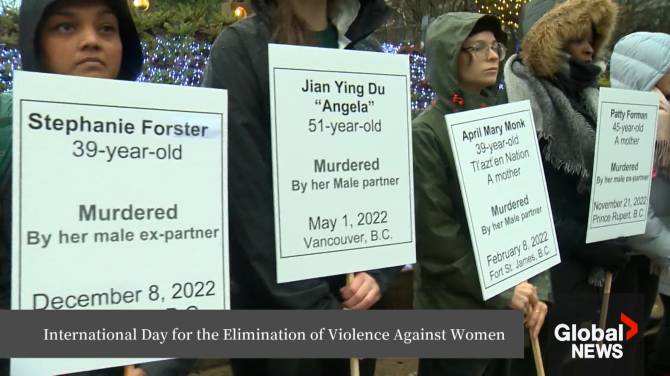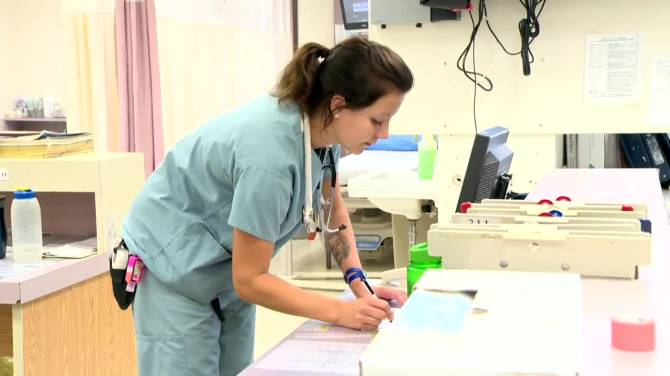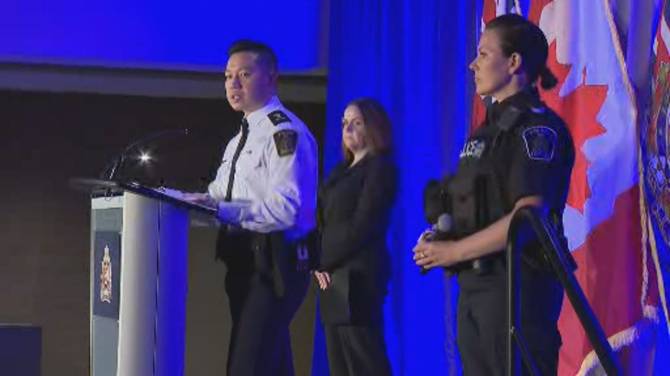A special Canadian program designed to ensure that police do not improperly close sexual assault cases is expected to lose its federal funding by the end of the month, according to its national coordinator.
The Violence Against Women Advocate Case Review program is the only one of its kind globally, bringing together frontline experts and advocates to review every police sexual assault investigation that does not result in charges in the areas it operates, explained Sunny Marriner, who leads the project.
The program originated in a few communities in 2016 but gained widespread attention after a 2017 investigation by the Globe and Mail into sexual assault allegations dismissed as unfounded. It is currently active in over two dozen communities across several provinces, including Ottawa, Kingston, Ont., Saint John, N.B., Regina, and Calgary.
Several other communities are in the process of developing committees, but progress has been hindered by uncertainty regarding funding, said Marriner, who previously served as the executive director of the Ottawa Rape Crisis Centre.
The program obtained a three-year grant from Women and Gender Equality Canada, which is set to expire on March 31, Marriner stated. It previously received a similar grant in its early years. Organizers have discussed the need for sustainable funding with the federal government but have not received a response, and currently there are no other options, she mentioned.
A spokesperson for Women and Gender Equality Canada stated that the project received funding over 38 months under the ministry's gender-based violence program and obtained funding through the Ottawa Coalition to End Violence Against Women.
“At the federal level, WAGE provides time-limited funding through the ongoing GBV program to support organizations working in the gender-based violence sector; but provinces and territories have their own jurisdiction over operational and core funding,” spokesperson L. Kronick said in an emailed statement.
“Information about future funding opportunities will be communicated by WAGE with stakeholders and the public. WAGE does not offer ongoing operational funding to organizations.”
Some local committees have received provincial funding through sexual assault support centers, but the funding has been inconsistent, Marriner mentioned.
“What it really needs is consistency,” she remarked.
Without new funding, “it’s going to be hard to support communities if they want to start (their own committee),” she added.
While the committees, comprising advocates and frontline staff from sexual assault support centers, operate on a volunteer basis, they require support over time to function effectively, which may involve training or travel, all of which necessitates funding, she explained.
Marriner and other advocates began laying the groundwork for the program in 2011 after learning about a similar initiative in Philadelphia.
While the Canadian program shares some similarities with the Philadelphia model – both rely on frontline, independent experts in sexual violence – there are fundamental differences, she remarked.
The Philadelphia program uses random sampling to find the best practices instead of helping individual complainants. In the Canadian model, experts review every case that does not lead to charges in local areas, under strict confidentiality agreements.
Marriner said it’s been clear for decades that most sexual assaults reported to police were not resulting in charges.
Many people emphasize that survivors are not reporting allegations to the police, but there's a lack of scrutiny when survivors who do report get sent home without any explanation or oversight, she said.
Survivors have no safety net when their cases don't proceed, so the focus is on filling that gap.
Each member of every local committee independently reviews a share of the cases quarterly, partly due to police compiling crime statistics quarterly, and partly to maintain some investigative potential.
They then make recommendations as needed, including whether cases should be reopened and other investigative avenues explored.
While police services are not obligated to follow the recommendations or work with the program, some have been opposed to implementing it.
Although the Canadian Association of Chiefs of Police supports the model, some police services have strongly opposed implementing it.
It's typical for the committee and police to disagree, but if the committee feels the process is just for show, they can and should walk away over time.
If police agree to participate, they need to be fully committed and not just do it for external appearance while internally preventing it from having an impact.
Marriner has encountered communities where implementing the program is a struggle, but other communities have chiefs who immediately meet with the team and implement their recommendations.
Marriner aims to create a national framework to collect statistics on the program’s activities, including the number of files returned for additional investigation. In addition to reducing inappropriately dismissed cases, the program has had other effects anecdotally, particularly on improving investigative documentation.
Even without immediate new funding, Marriner is determined to continue her advocacy work, despite financial insecurity being common in advocacy work.
The program has recently gained attention again due to the sexual assault case of five former members of Canada’s world junior hockey team as it progresses through the courts.
The police stated last month that the case, which was closed without charges in 2019 before being reopened three years later, was not referred to the review program as it should have been. They declined to explain why, and why the file was initially closed, citing the court case.
Dillon Dube, Carter Hart, Michael McLeod, Cal Foote and Alex Formenton have been accused of sexual assault earlier this year in connection with an alleged incident at a London, Ont., hotel. McLeod is also facing an additional charge of sexual assault for “being a party to the offence.” All five intend to defend themselves against the accusations and have chosen to have a trial by jury.







